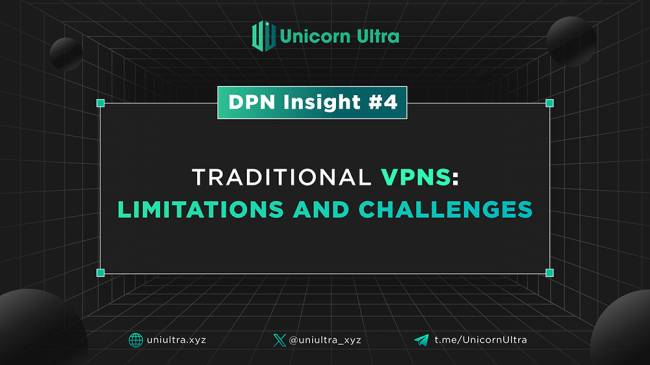This article aims to shed light on these challenges, highlighting the need for innovation in digital privacy technologies.

Centralization Concerns in Traditional VPNs
One significant limitation of traditional VPNs lies in their centralized nature. Centralization means that the data passing through VPN servers is controlled by a single entity, creating a single point of failure. If these servers are compromised, user data can be at risk of exposure. Moreover, VPNs are subject to the laws of the countries where their servers are located, which can impact user privacy. For instance, providers in certain jurisdictions might be compelled to log and share user data with authorities, undermining the very purpose of using a VPN.
Security Vulnerabilities in VPN Technology
Despite being tools for security, VPNs themselves are not immune to vulnerabilities. Older VPN protocols may have weaknesses in their encryption methods, making them susceptible to breaches. Additionally, VPNs can suffer from IP leaks, where the user's real IP address is accidentally exposed.
VPN services also face threats like DNS hijacking, where the DNS request is redirected to a malicious site, and man-in-the-middle attacks, where a third party intercepts and possibly alters the communication.
Trust and Transparency Issues with VPN Providers
A major concern with VPN providers revolves around trust and transparency. Users must rely heavily on the provider's claims regarding their logging policies and data handling practices. However, these claims are not always verifiable, and some providers may log more user data than they admit, posing a risk to user privacy. This lack of transparency makes it challenging for users to fully trust that their data is secure and private.
The Need for Innovation in Digital Privacy Technologies
The limitations inherent in traditional VPNs highlight a pressing need for innovation in digital privacy solutions. As users become more aware of these challenges, the demand for more advanced and secure technologies grows.
Emerging approaches like Decentralized Private Networks (DPNs) are gaining attention as they promise to address these issues. Leveraging blockchain technology, DPNs offer a decentralized approach to data privacy, reducing the risks associated with centralization and offering more transparent, user-controlled privacy solutions.
Conclusion
In summary, while traditional VPNs continue to play a vital role in digital privacy, their limitations and challenges underscore the necessity for further innovation in this field. Issues such as centralization, security vulnerabilities, and lack of transparency with VPN providers have prompted the exploration of new technologies like DPNs. As the digital landscape evolves, so too must our approaches to maintaining privacy and security online. The future of digital privacy lies in the continuous development and adoption of more robust, decentralized, and user-centric solutions.



.png)


